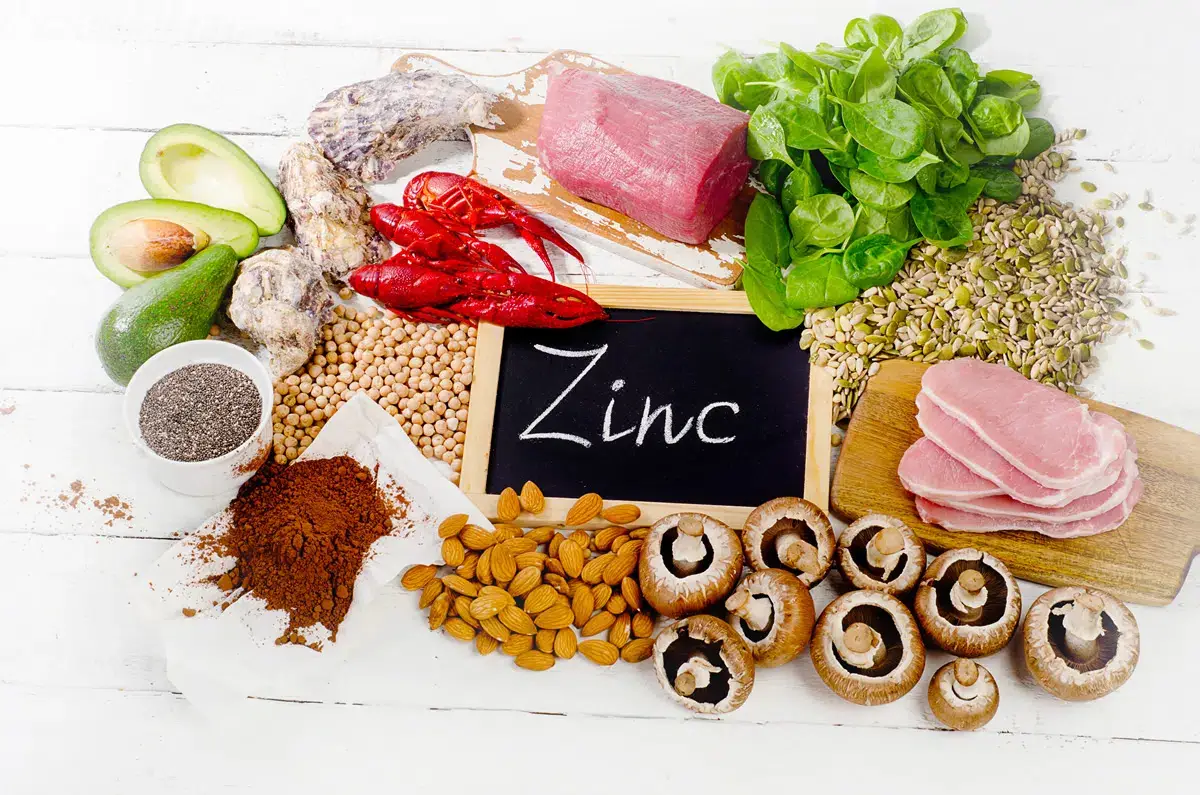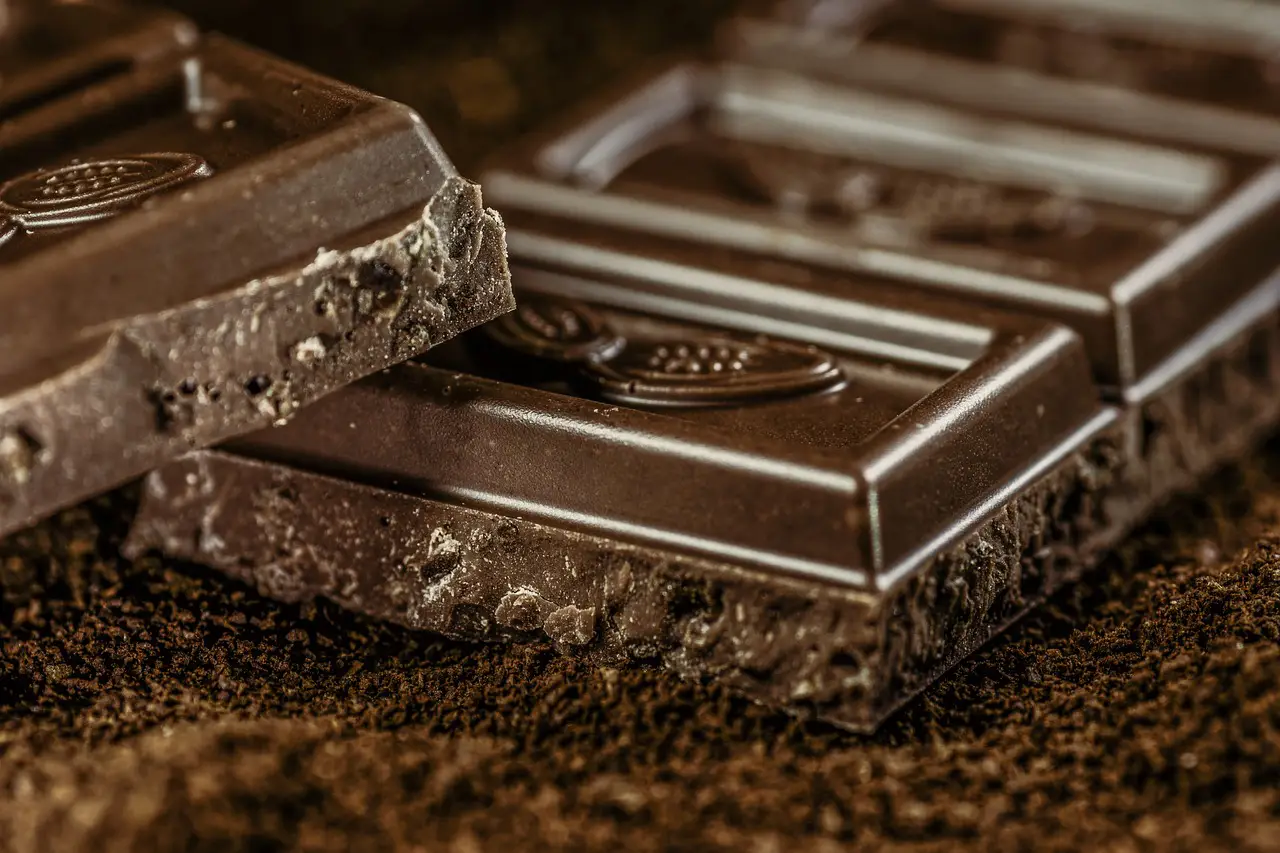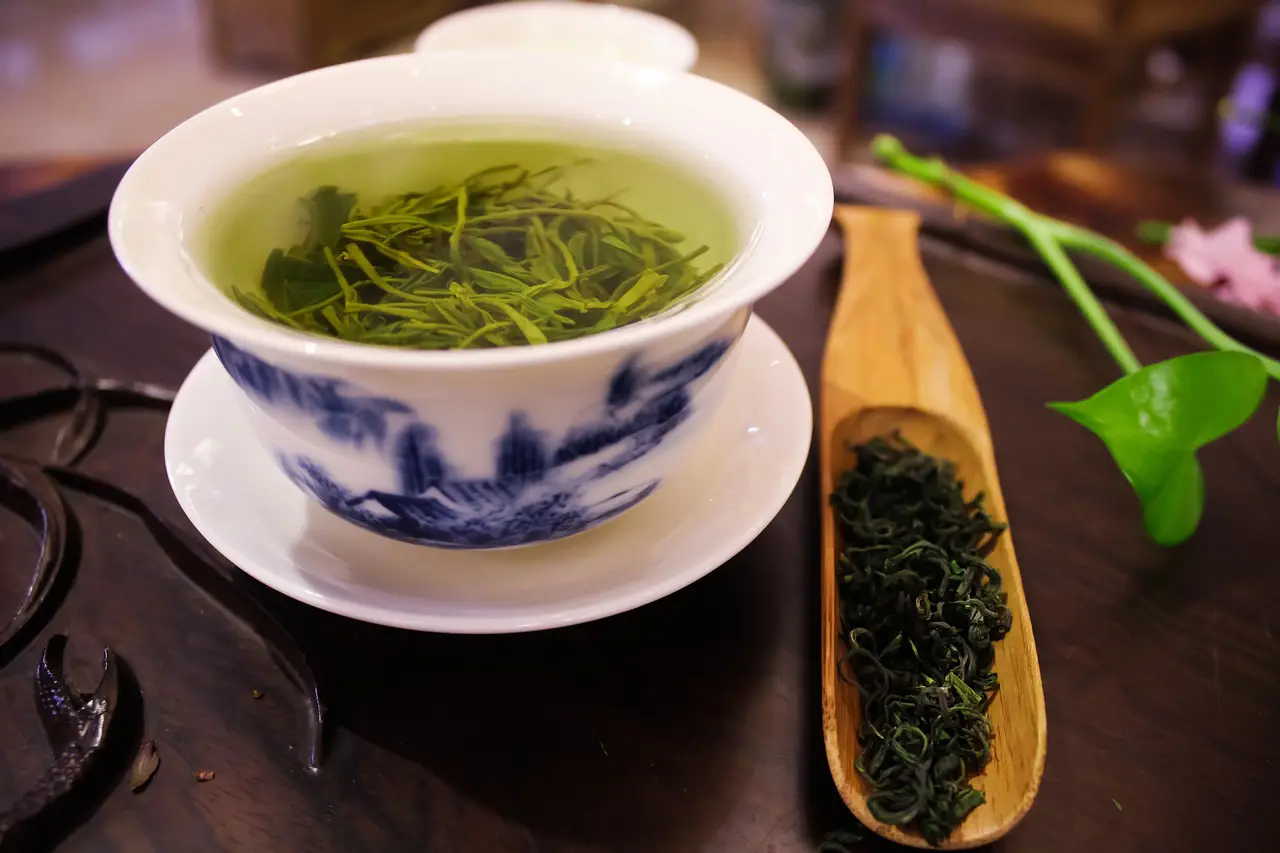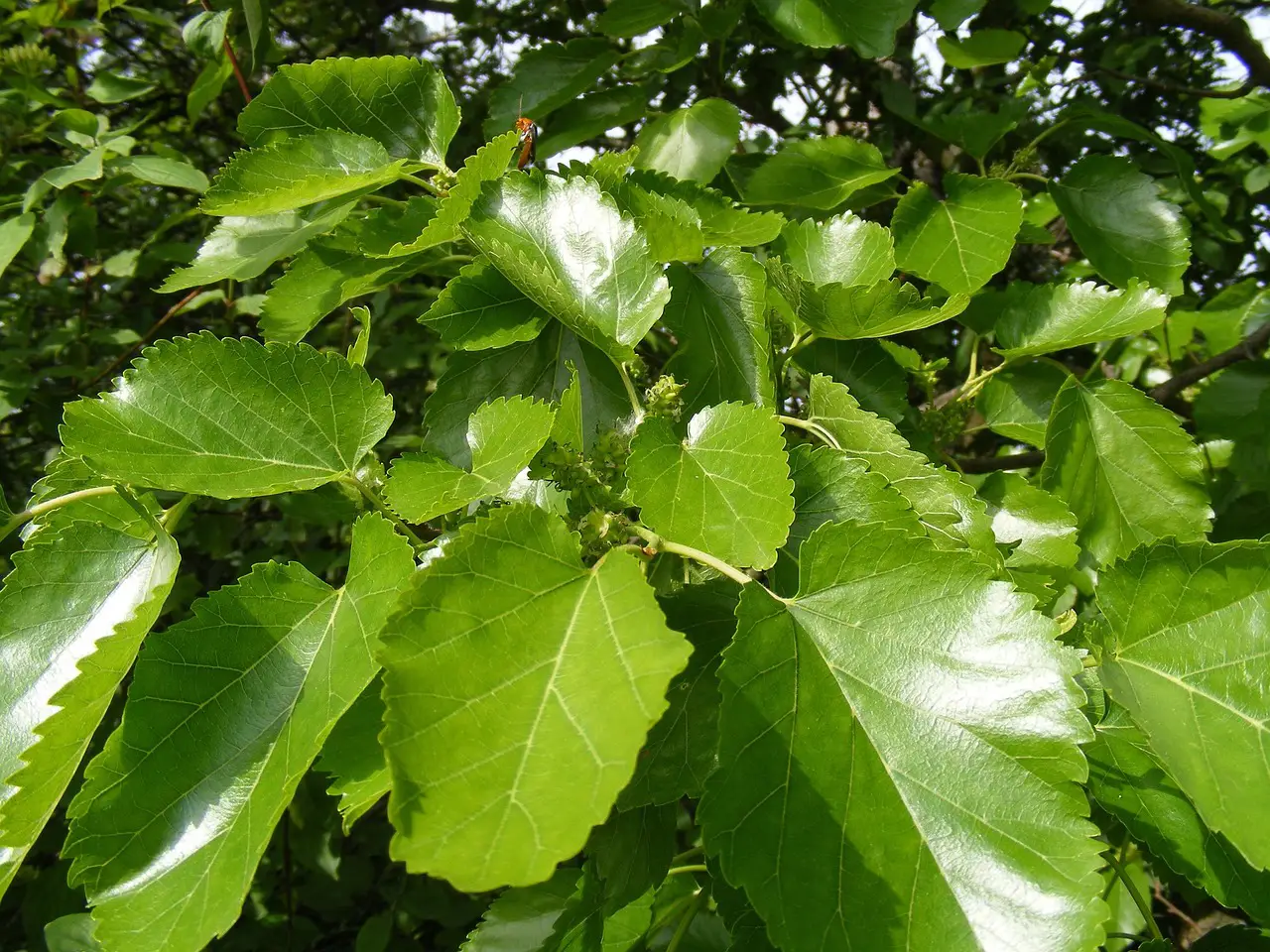This posting is part of Coupang Partners activity, and I receive a certain amount of commission accordingly.
Zinc has long been used as an ingredient in the treatment of acne. It is an essential nutrient for our bodies, but according to research by the World Health Organization (WHO), 31.7% of the global population is deficient in zinc. Zinc deficiency is particularly common among people suffering from acne. Consistent intake of zinc may help improve acne.

Zinc Benefits
Zinc is a mineral that can easily be obtained from food and plays a vital role in strengthening the immune system, regenerating cells, and regulating hormonal balance. This mineral has several benefits, with well-known anti-inflammatory and immune-boosting effects. Enhancing immunity helps speed up wound healing, and its antioxidant properties are effective in removing free radicals.
Zinc also aids in skin improvement. It inhibits acne-causing bacteria and reduces excess oil and sebum production in the skin. Additionally, it promotes the absorption of vitamin A, which is often used in acne treatments. Therefore, taking both vitamin A and zinc together can be more effective for acne treatment.
Deficiency Symptoms
Symptoms of zinc deficiency include dry skin, hair loss, diarrhea, depression, frequent colds, and acne. A slower wound healing process can also occur. If you typically consume a lot of whole grains or beans, the risk of zinc deficiency may double. This is because these foods contain phytic acid, which interferes with the absorption of zinc. Vegetarians may have a higher risk of zinc deficiency because it is four times more difficult to absorb zinc from plants than from meat.
Research Studies on Zinc and Acne
Zinc is an effective ingredient for acne treatment and has gained popularity in various acne-related communities such as acne.org. Here are some research findings:
- A study conducted in Turkey involved 87 participants. Of these, 47 had acne, and 40 did not. They were divided into several groups based on their skin conditions, and their blood zinc levels were measured. Among the acne group, 54.1% had zinc deficiency, while only 10% of those with good skin condition had a deficiency. Furthermore, the average zinc levels of the acne patients were significantly lower than those of the participants with healthy skin.
- In another study, 54 patients were given either a zinc supplement or a placebo. After 6 weeks, the group taking the zinc supplement showed a 33% reduction in acne.
- In another study, 332 acne patients were instructed to take 30mg of zinc daily, which is twice the recommended daily intake of 15mg. After 3 months, their acne had decreased by 49.8%.
Recommended Dosage and Precautions
The recommended daily intake of zinc is between 15mg and 30mg, and it is advisable not to exceed 40mg. Additionally, zinc should be taken after meals. Taking it on an empty stomach can cause headaches or nausea, and in severe cases, may lead to vomiting.
If taking zinc supplements is inconvenient, you can naturally obtain it through the following foods:
- Seafood (oysters, crab, lobster, etc.)
- Beef and lamb
- Spinach and other leafy greens
- Pumpkin seeds
- Chickpeas
- Mushrooms



Leave a Comment